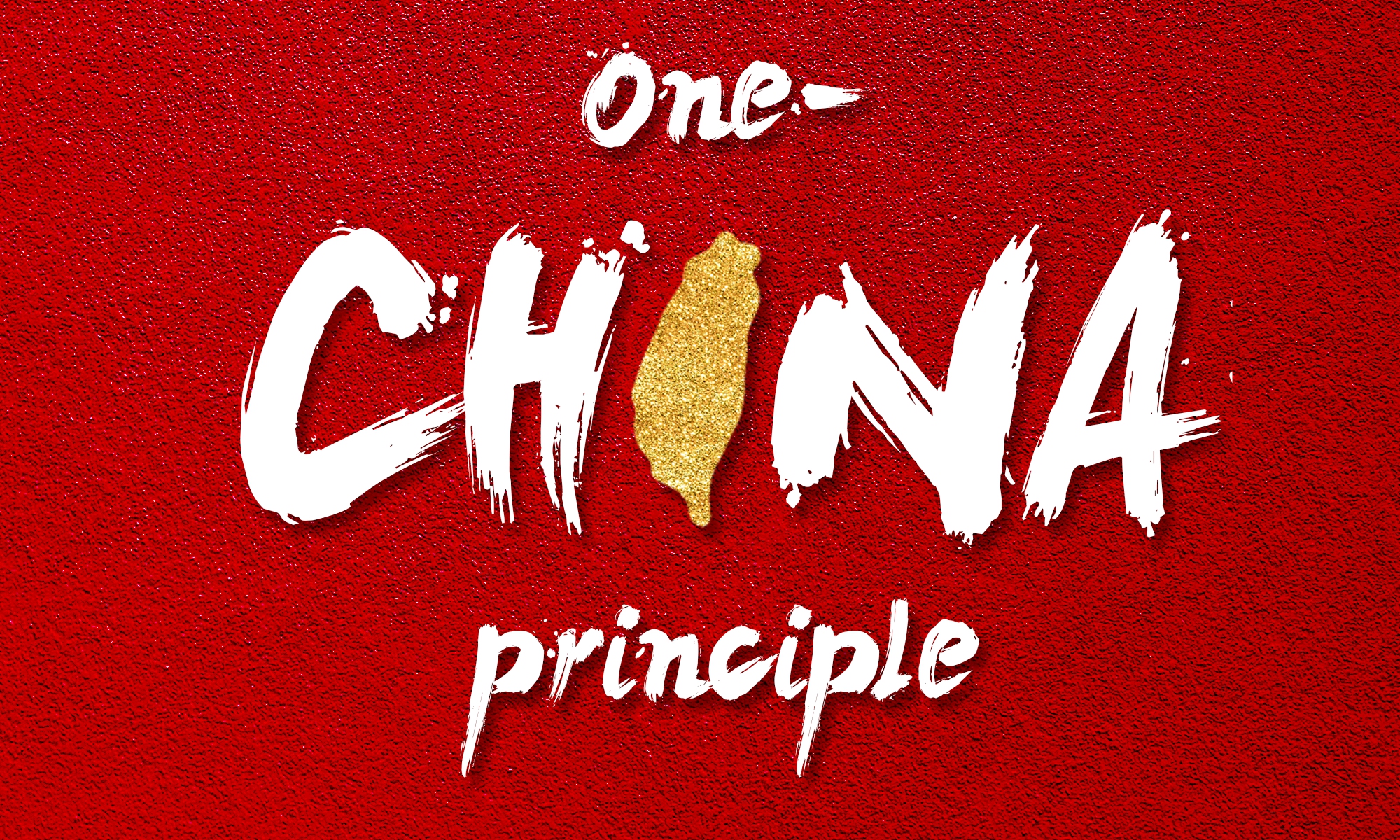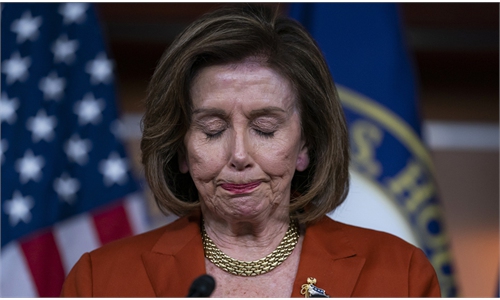China's reunification in the new era will advance in this way: Global Times editorial

Graphic: Deng Zijun/GT
The Taiwan Affairs Office of the State Council and the State Council Information Office of China published a white paper, "The Taiwan Question and China's Reunification in the New Era," on Wednesday. It is China's third white paper on the Taiwan question after previous publications in 1993 and 2000. It is a historical document issued at a special time. Its significance is thus self-evident.
From whatever perspective, the publication of the white paper comes at an appropriate time. US House Speaker Nancy Pelosi's visit to the Taiwan island escalated tensions in the Taiwan Straits, as well as in ties between China and the US. At the same time, it attracted great attention from public opinions both at home and abroad over the Taiwan question. For some time, the Democratic Progressive Party (DPP) authority in Taiwan island has been stepping up its collusion with external forces, in attempts to manipulate the narrative over the Taiwan question and woo international attention through deceptive rhetoric. It refuses to recognize the one-China principle, tries to smear the "one country, two systems," and fantasizes to "exchange Heaven and Earth" on major issues of principle. Such a fallacy is, in a way, more harmful than Pelosi's visit.
In other words, an intense Taiwan Straits cognition war has already broken out all over the world. From this perspective, the white paper is upright and full of weight. It not only distinguishes right from wrong, clarifies fallacies, but also gives the most authoritative answers to key questions. There is a wealth of important information between the lines, and it is highly targeted. It is a declaration and roadmap for China's major policy of peaceful reunification and "one country, two systems" in the new era. This is also an integral part of China's great cause of reunification. We recommend that all interested parties should carefully read and correctly understand it.
Facing the international community, the white paper uses a large number of historical and legal facts to demonstrate that the Taiwan island is a part of China, which cannot be doubted or changed. It fully demonstrates the firm will and determination of the Communist Party of China (CPC) and the Chinese people to pursue the reunification of the motherland. The most anticipated part is the systematic elaboration of the overall strategy of the CPC and the Chinese government to promote the realization of the reunification of the motherland in the new era.
The white paper also clearly explains the bright prospects for peaceful reunification under "one country, two systems," which is worth looking forward to by both sides of the Taiwan Straits, especially compatriots in Taiwan. There is no doubt that after reunification, Taiwan will enjoy a broader room for development, and the well-being of Taiwan compatriots will be better guaranteed. By being Chinese with dignity will Taiwan people enjoy greater security and dignity and stand more upright and rock-solid in the international community. At the same time, China's reunification will undoubtedly play a positive role in promoting peace and development in the world.
In stark contrast, Taiwan regional leader Tsai Ing-wen and the DPP authority are spreading the theory that "Taiwan's future should be determined by itself," and Washington is also talking about "solidarity with the 23 million people of Taiwan." They have everything in mind when making such rhetoric, except Taiwan and its residents. If these forces are indulged to promote "Taiwan independence," how can the island achieve peace and development? How can our Taiwan compatriots live a prosperous life?
The media have noted the white paper once again stressed that the Chinese mainland will "work with the greatest sincerity and exert our utmost efforts to achieve peaceful reunification." "We are ready to create vast space for peaceful reunification; but we will leave no room for separatist activities in any form," reads the document. The Chinese version of the white paper mentions "Taiwan independence" 36 times and explicitly criticizes the DPP four times. It makes it clear that the moves of the DPP authority have resulted in tension in cross-Straits relations, endangering peace and stability in the Taiwan Straits, undermining the prospects and restricting the space for peaceful reunification. These are "obstacles that must be removed in advancing the process of peaceful reunification." The DPP authority needs to ponder over these words carefully. As for external forces that insist on playing the "Taiwan card" to contain China's development and hinder the realization of the country's full reunification, they can also find the parts that China wants to specifically tell them in the white paper.
Today, Chinese national rejuvenation has become an unstoppable historical process. How can some historical clowns stop such a powerful momentum formed by the combination of history and reality? The white paper points out, "never before have we been so close to, confident in, and capable of achieving the goal of national rejuvenation." The meaning of this sentence is worth pondering for some forces across the Straits. The historic goal of reuniting our motherland must be realized and will be realized! The general trend in the Taiwan Straits will certainly unfold according to the sequence of ideas outlined in the white paper.

